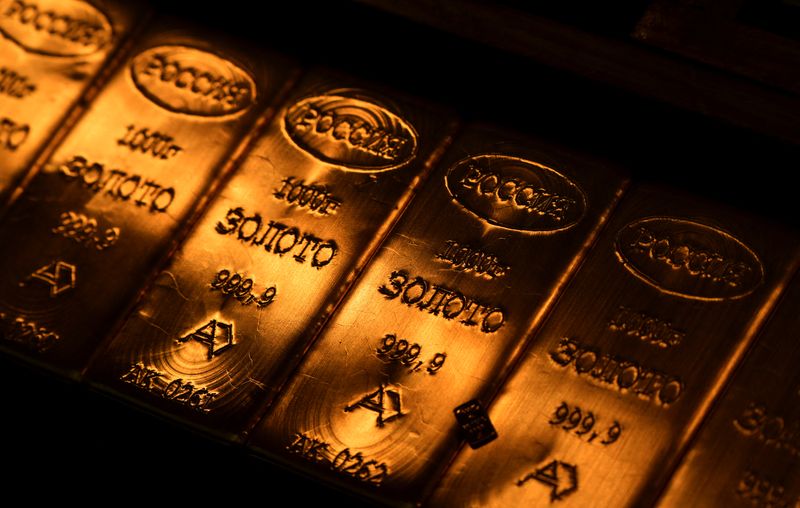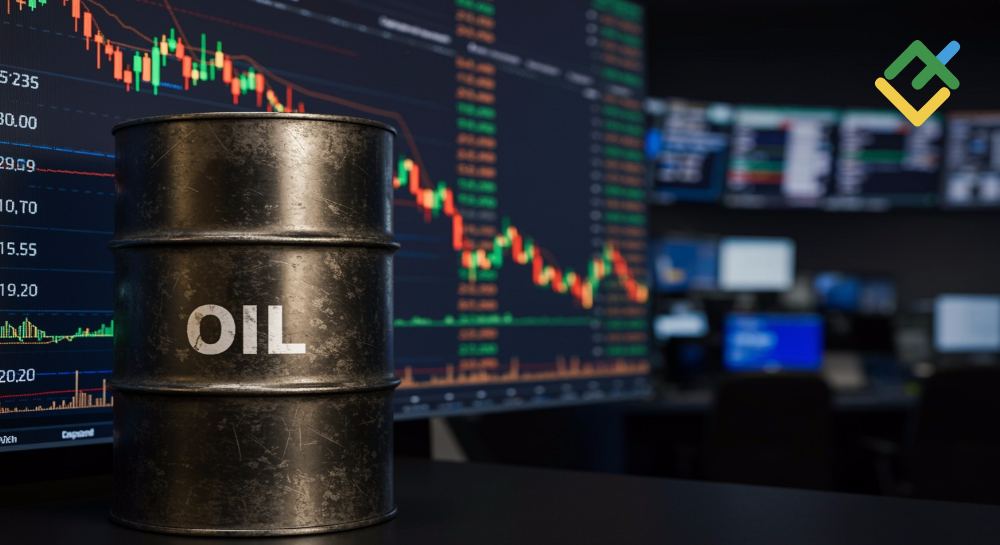
By Clyde Russell
LAUNCESTON, Australia (Reuters) – Gold has been the standout commodity performer so far this year, gaining 18.5% and posting a record high.
But the precious metal may become a victim of its own success, with consumer buying at risk from the surge in prices.
Spot gold ended at $2,443.29 an ounce on Aug. 2, and it has largely held onto the gains made this year, which saw a sustained rally to an all-time high of $2,483.60 on July 17.
The World Gold Council released its quarterly report last week and the industry group reported total demand of 1,258.2 metric tons in the second quarter, the highest on record for a second quarter and some 4% above the same period in 2023.
But the breakdown of the demand figures shows some trends that may point to a slowdown in coming quarters.
The biggest gain in demand was from what the Council called the Over The Counter (OTC) market, which largely means buying from institutional investors, high net-worth individuals and family offices.
OTC demand was 329.2 tons in the second quarter, up 53% from the same quarter in 2023 and a massive jump of 385% from the first quarter.
The Council attributed the surge in OTC appetite to “portfolio diversification,” which leads to the question as to how sustainable this demand is, given that once these investors have reached the point where they feel they have sufficient gold in their asset mix, they will likely ease back on purchases.
The report also showed a strong decline in jewellery consumption, which dropped to 390.6 tons in the second quarter, down 19% from the same period in 2023.
Joining jewellery in the losing column was official coins, where demand dropped 38% to 52.7 tons in the second quarter.
Both of these signal that consumers may be starting to pull back on purchases because of the strong gain in prices.
CHINA, INDIA
Of particular concern is jewellery demand in China and India, the two largest buyers of physical gold, which together account for almost half the market.
China saw jewellery demand slump 35% in the second quarter to 86.3 tons, while India recorded a 17% fall to 106.5 tons, according to the Council report.
A further sign that China’s appetite for gold may be waning somewhat was the 18% drop in net imports via Hong Kong in June, with official data showing imports of 21.92 tons, down from 26.72 tons in May.
China doesn’t disclose gold import volumes, making the Hong Kong data a key proxy for demand in the world’s top consumer.
India’s consumer demand is likely to get a boost in the current quarter after the government cut the import duty to 6% from 15%, but this is also likely to prove to be a one-time sugar hit to demand, rather than a sustainable shift to higher demand.
Higher prices also likely weighed on flows into Exchange Traded Funds (ETFs), with the Council figures showing a net drop of 7.2 tons in the second quarter, which followed a decline of 113 tons in the first.
Central bank buying also eased in the second quarter, coming in at 183.4 tons, down from the 299.9 tons in the first, although up 6% from the 173.6 tons in the second quarter of 2023.
Overall, there are enough factors to suggest that the rise to a record high for gold is starting to crimp some of the more price-sensitive demand.
But it’s not all bad news, with investor interest likely to be maintained by the ongoing expectation that monetary policy in several key countries is likely to be eased, with a particular focus on likely interest rate cuts by the U.S. Federal Reserve.
High geopolitical tensions, with ongoing conflict in the Middle East and Ukraine, as well as political risk surrounding what is shaping to be a tight U.S. presidential election are also likely to keep interest in gold high.

The combination of bearish and bullish factors for the yellow metal may end up having the effect of keeping the price in a relatively narrow range for the rest of the year.
The opinions expressed here are those of the author, a columnist for Reuters.
This post is originally published on INVESTING.




